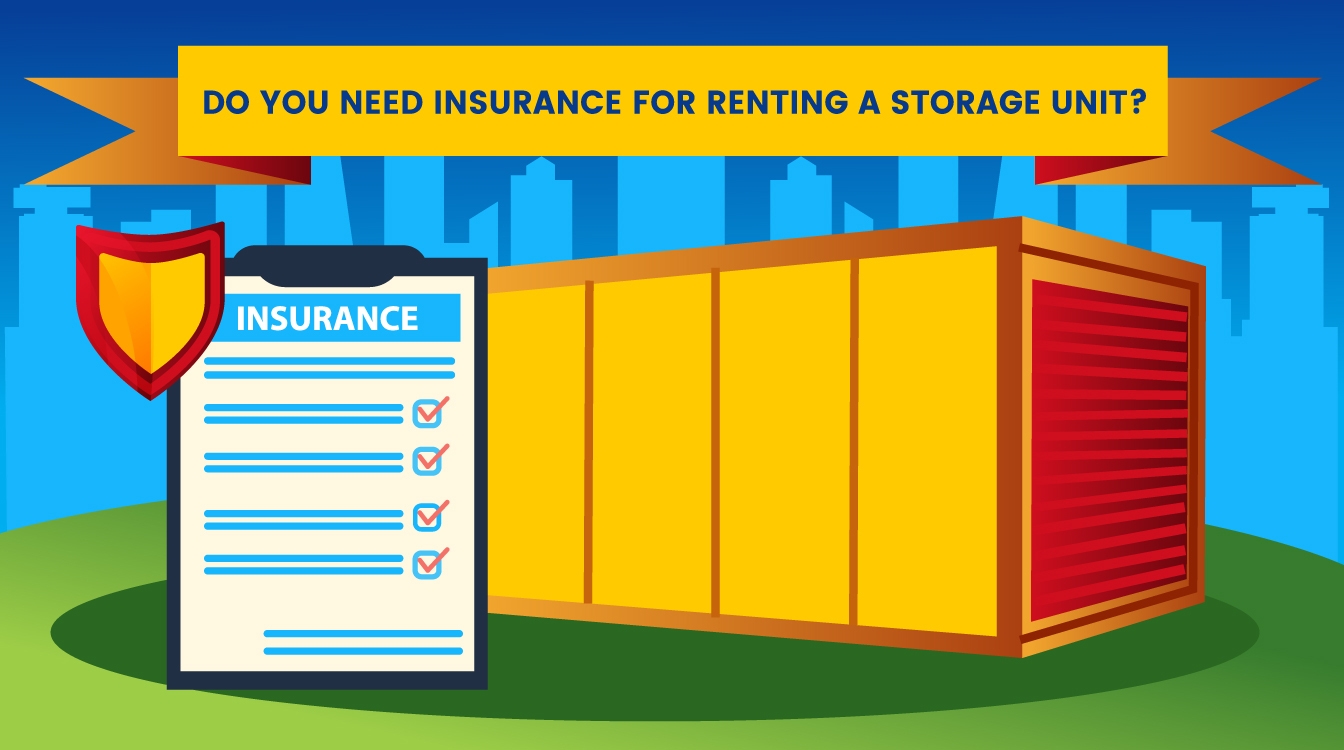
In today's fast-paced world, the demand for storage units has skyrocketed. Whether you're downsizing, relocating, or just need extra space for your belongings, storage units offer a convenient solution. However, amidst the rush to secure storage space, many overlook a crucial aspect: insurance.
Storage unit insurance is a topic often overshadowed by the excitement of moving or storing items. But pause for a moment and consider this: What if your belongings were damaged, destroyed, or stolen while in storage? Would you be financially prepared to handle the loss?
This is where storage unit insurance comes into play. It provides protection against unforeseen events that could result in the loss or damage of your stored items. While not mandatory, it's a safeguard that could save you from significant financial distress.
Let's delve deeper into the question: Is storage unit insurance necessary?
Storage units are susceptible to various risks, including theft, fire, water damage, vandalism, and natural disasters. Even with security measures in place, accidents can happen. A burst pipe could flood the unit, a neighboring unit could catch fire, or a break-in could occur despite security systems.
Most storage facilities have insurance coverage, but it typically only protects the structure itself, not the contents of individual units. Even if the facility's insurance extends to cover your belongings, it's essential to review the policy carefully. Coverage limits may be insufficient, and certain items might be excluded.
Your homeowners or renters insurance may provide coverage for items stored off-premises, including in a storage unit. However, coverage limits may apply, and high-value items might require additional endorsements. It's crucial to consult your insurance provider to understand the extent of coverage and any limitations.
Opting for dedicated storage unit insurance offers several advantages. These policies are specifically tailored to protect items stored in a storage unit. They often provide broader coverage and higher limits compared to homeowners or renters insurance. Additionally, they eliminate the risk of filing claims that could impact your primary insurance premiums.
When deciding whether storage unit insurance is necessary, consider the following factors:
* Value of Stored Items: Evaluate the total value of the items stored in the unit. High-value items such as electronics, jewelry, or collectibles may warrant additional coverage.
* Risk Assessment: Assess the likelihood of potential risks such as theft, fire, or water damage based on the storage facility's location, security measures, and environmental factors.
* Peace of Mind: Insurance provides peace of mind knowing that your belongings are protected, allowing you to focus on other aspects of your life without worrying about financial losses.